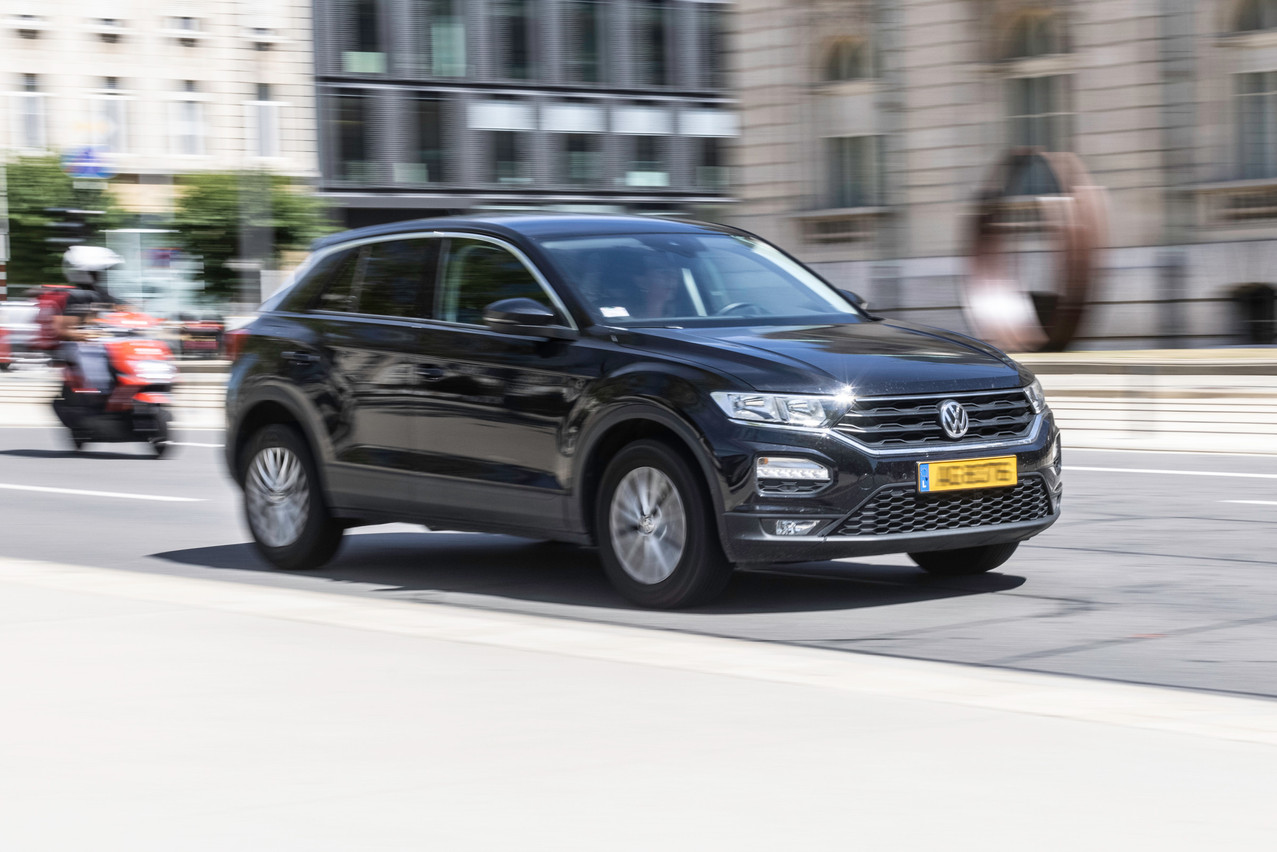In the first six months of the year, the Luxembourg automotive sector has experienced a 13.7% year-on-year decline with 21,812 new registrations compared to 25,287 in the same period in 2021. Before the health crisis, the first half of 2019 saw some 31,123 new vehicles registered.
The reasons for the difficulties in the automotive sector remain the same as in previous months, namely very long delivery times and difficulties in supply chains linked to the shortage of semi-conductors and the direct and indirect consequences of the war in Ukraine.
Despite the delivery delays, customers remain confident and the order books of the country's dealers are actually looking good. “The order backlog dealers are experiencing is well above the level for the 2021,” said the House of Automobile (HOA), which represents the interests of the industry. “The decline in registrations, however, reflects continuing delivery problems. The industry welcomes the fact that customers are clearly undeterred by this situation.”
Volkswagen remains the best-selling brand in Luxembourg with 2,492 new registrations in the first half of 2022. Over the same period, Mercedes recorded 2,060 new registrations. Peugeot, with 1,884 new registrations, completes the top three in the ranking. Audi (1,878 units), BMW (1,806 units) and Opel (1,105 units) are the only brands above the 1,000 mark in new registrations in the first half of the year.
54.9% increase in new 100% electric registrations
In terms of engine type, “traditional” diesel and petrol accounted for 58.7% of new registrations in the first half of the year. Compared to the first half of 2021, the number of diesel engines is down by 28%, as is the number of petrol engines, down by 21.1%.
In terms of electrification, 14.7% of new registrations in the first half of the year were 100% electric cars. The number of electric cars increased by 54.9% between the first half of 2021 and the first half of 2022. For the HOA, this strong growth is mainly due to a corporate interest in electric cars. "Pure electric cars continue to rise to 14.7% of all registrations, of which 2/3 are company cars and 1/3 are private cars," said the HOA.
Hybrid registrations, on the other hand, have fallen. While non-plug-in hybrids accounted for 17.2% of new registrations in the first half of the year, they were down by 3.97% compared to the first half of 2021. The trend is more marked for plug-in hybrids (9.1% of new registrations in 2022), with a 16.7% drop over one year.
"The registration of plug-in hybrids, on the other hand, is down for the first time since their introduction. The main reason for this decline is the government's decision to abolish all subsidies for these engines. Other hybrid vehicles are also seeing a significant slowdown in growth," the HOA said.
This story was first published in French on . It has been translated and edited for Delano.
